Selling a home can be a lot of work, and a lake home is no exception. While many people think about staging the inside of their home for potential buyers, the outside of a lake home can be just as, if not even more important.
So to help you sell that home faster, here are 5 tips for staging the outside of your lake home to make it more enticing for buyers.
Have a Well-Defined Pathway to the Water
 Most lake home buyers generally consider the pathway to the water to be important, and therefore you should make preparations in order to make the pathway more attractive and welcoming. This will ensure that you make a good impression on the buyer, who will be more interested in purchasing your home.
Most lake home buyers generally consider the pathway to the water to be important, and therefore you should make preparations in order to make the pathway more attractive and welcoming. This will ensure that you make a good impression on the buyer, who will be more interested in purchasing your home.
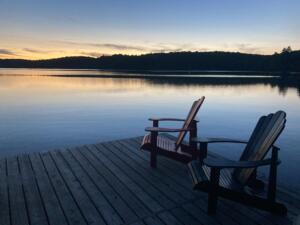 Check the Docks and Deck
Check the Docks and Deck
Replace any loose or rotting boards and nail down any protruding nails from both your deck and your dock. For many, this area will be the “living room” for their lake experience, the place to spend the majority of their time with family and friends.
Increase the Curb Appeal of the Shoreline
The shoreline near the lake house can quickly catch the attention of potential buyers. If you want to sell your lake home faster, then you will have to spruce up the shoreline.
Make sure that there is no debris or muck floating in the water and that your shoreline is in immaculate condition. Make sure that the landscaping in your lakeside lawn is as good or better cared for than the front yard!
Lifestyle Staging
 People who are interested in purchasing lake homes are mainly interested in the type of lifestyle that they can lead if they choose to purchase a lakeside home. You need to help the buyer visualize the type of life they will be leading at your particular lake home, and therefore you should stage the shoreline with fishing equipment, kayaks, fire pits, beach towels, and more.
People who are interested in purchasing lake homes are mainly interested in the type of lifestyle that they can lead if they choose to purchase a lakeside home. You need to help the buyer visualize the type of life they will be leading at your particular lake home, and therefore you should stage the shoreline with fishing equipment, kayaks, fire pits, beach towels, and more.
Don’t go overboard with the lifestyle staging though, since you don’t want to force your lifestyle onto them and want to them to be able to see themselves enjoying the lake!
Offer Lake Tours
Another thing you can do is to take prospective buyers to a lake tour around your lake home. This will provide them with a good view of the home, as well as give them a fair idea about what it will like being on the lake. The excitement of launching a boat from what could be their future lake home is sometimes enough to make a prospective buyer decide to take the plunge!
When it comes to selling a lake home it is all about selling the lake experience. Create a fun, inviting atmosphere in which your potential buyers can see themselves and their family enjoying the lake for years to come!

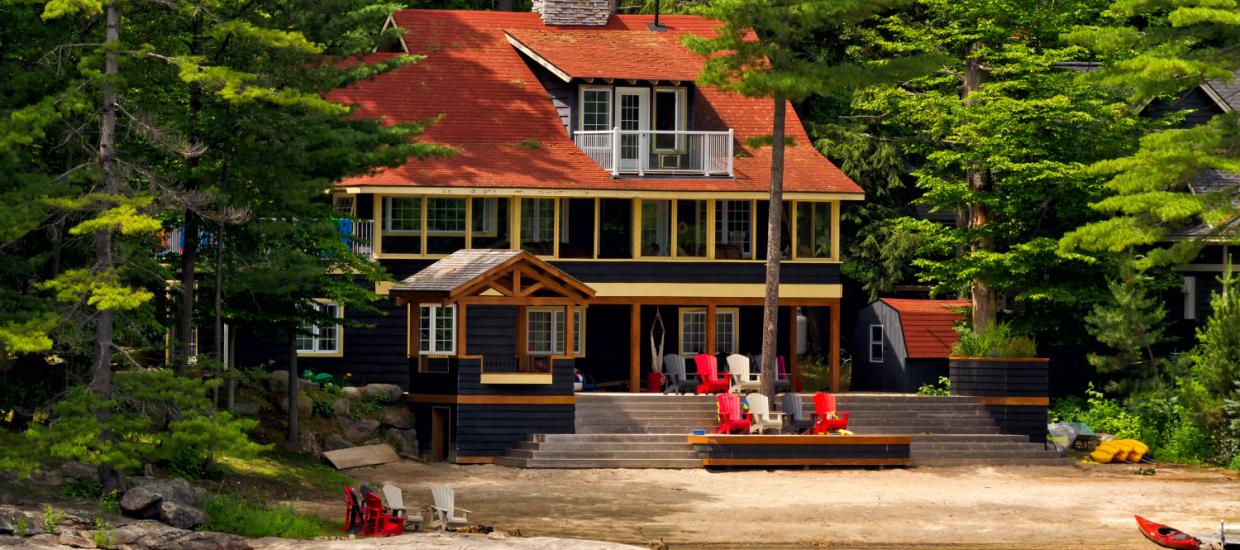
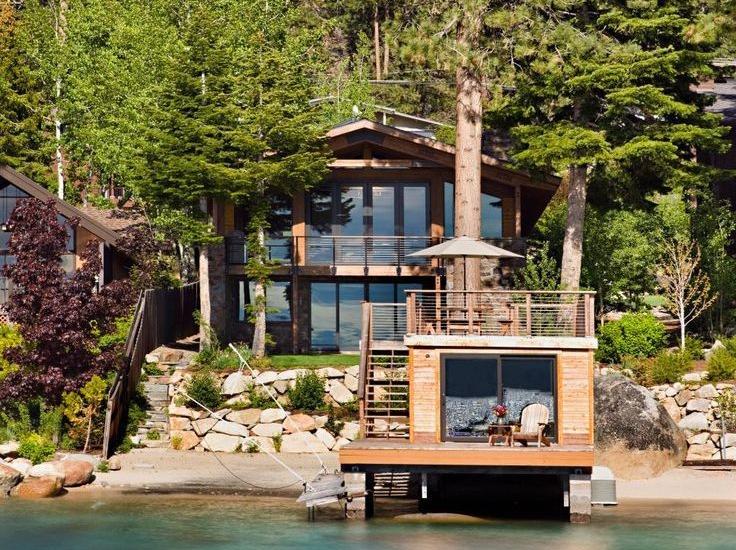
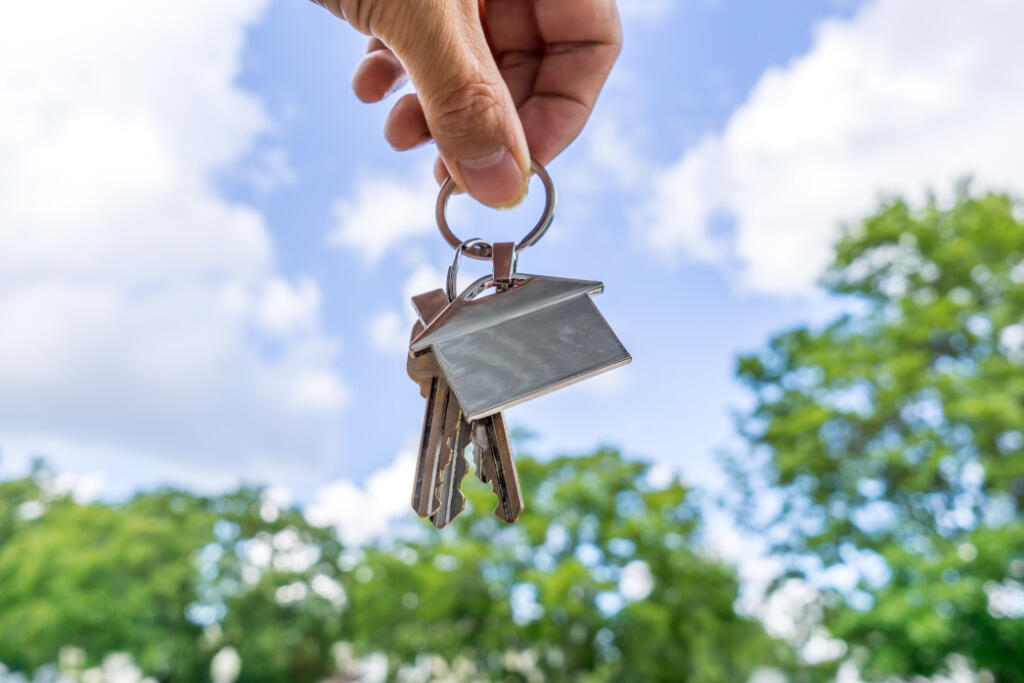



 Another good reason to consider renting instead of buying is if you think your family size may change. For instance, if you have a house full of teenagers today, in a decade they will all likely be at college, married, and have families of their own. That five-bedroom home that is just perfect for your family today will be way too much house for you in a few years.
Another good reason to consider renting instead of buying is if you think your family size may change. For instance, if you have a house full of teenagers today, in a decade they will all likely be at college, married, and have families of their own. That five-bedroom home that is just perfect for your family today will be way too much house for you in a few years.
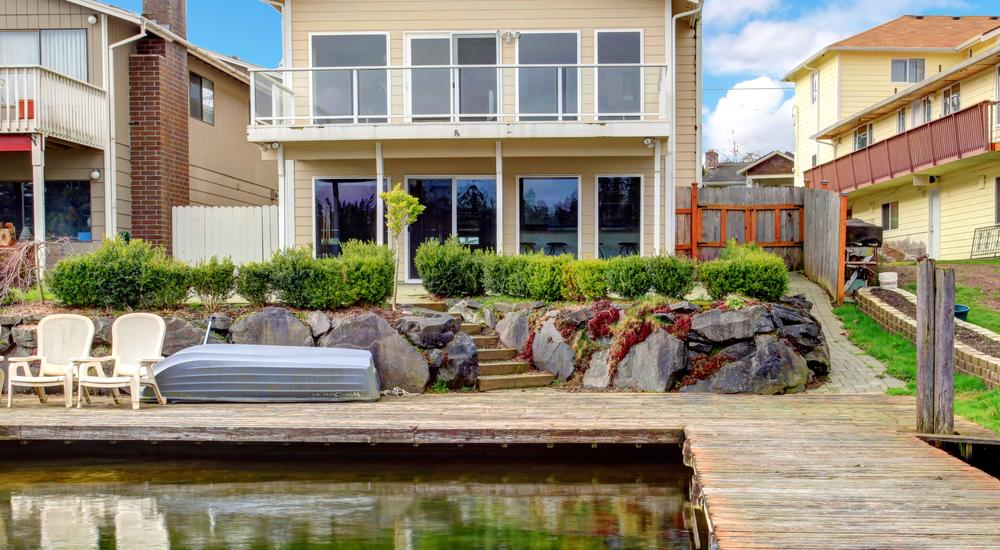

 You won’t want to break any rules simply because you don’t know what they are. Not to mention, it’s good to know what the rules are up front in case they end up restricting you from doing something that you wanted to do.
You won’t want to break any rules simply because you don’t know what they are. Not to mention, it’s good to know what the rules are up front in case they end up restricting you from doing something that you wanted to do.



 You may think that the family portraits in the living room or the kids’ drawings tacked up on the fridge help to add a homely and inviting feeling to the atmosphere of your house. Though, all they’re doing is making buyers feel like they are walking in someone else’s home. You need to decorate the home so that buyers can pretend like it is theirs. This will give them a better sense of what it would be like to live there. Having pictures of someone else’s kids all over the place won’t help to achieve this.
You may think that the family portraits in the living room or the kids’ drawings tacked up on the fridge help to add a homely and inviting feeling to the atmosphere of your house. Though, all they’re doing is making buyers feel like they are walking in someone else’s home. You need to decorate the home so that buyers can pretend like it is theirs. This will give them a better sense of what it would be like to live there. Having pictures of someone else’s kids all over the place won’t help to achieve this.


 Where a home is located plays a sizable role in getting a bargain. If it is in a neighborhood that is highly sought after, there probably won’t be too many opportunities to get a home at a bargain. What you need to do is start looking away from the beaten path.
Where a home is located plays a sizable role in getting a bargain. If it is in a neighborhood that is highly sought after, there probably won’t be too many opportunities to get a home at a bargain. What you need to do is start looking away from the beaten path.